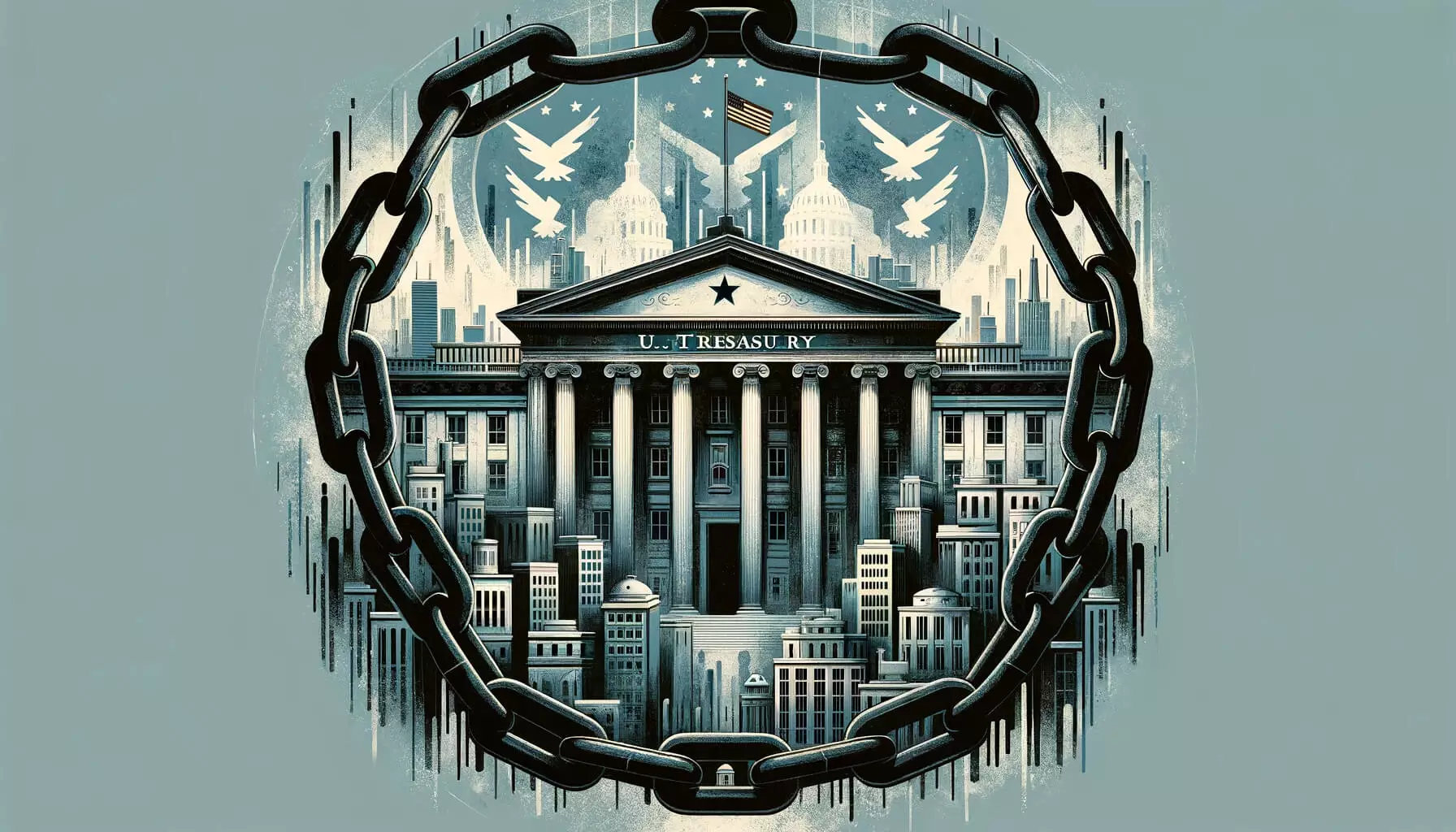The U.S. Treasury’s Office of Foreign Assets Control (OFAC) recently announced a settlement with cryptocurrency exchange CoinList. The settlement involves over 989 transactions worth $1.25 million that were processed by CoinList from users residing in Crimea, a disputed region of Ukraine annexed by Russia. This article examines the details of the settlement and the implications for the crypto industry.
OFAC stated that CoinList’s processing of transactions from users in Crimea constituted an “apparent violation” of its sanctions related to Russia and Ukraine. Despite having compliance procedures in place, CoinList’s screening procedures failed to identify users who claimed to be from a non-embargoed country but provided a different address. Some users identified themselves as residents of Russia but provided an address in Crimea.
OFAC listed several mitigating factors that influenced the settlement. CoinList had not received any notice from OFAC in the five years preceding the first violating transaction. Additionally, CoinList cooperated with the investigations, and the amount involved in the violations represented only a small percentage of all transactions. The exchange also took remedial measures to address the issue.
The settlement reached between OFAC and CoinList amounts to approximately $1.2 million, which is $44,450 less than the total value of the violating transactions. CoinList will pay a fine of $1,207,830, and OFAC will suspend $300,000 of the settlement amount upon completion of CoinList’s compliance commitments. CoinList will then invest the suspended amount in additional sanctions compliance controls as part of the settlement agreement.
It is important to note that the settlement amount represents only a fraction of the maximum civil monetary penalty that could have been imposed by OFAC, which is $327 million. Additionally, the settlement amount is significantly lower than the base civil monetary penalty recommended in OFAC guidelines, which is $3 million. These factors suggest that OFAC considers CoinList’s actions to be non-egregious and not voluntarily self-disclosed.
CoinList, as a relatively minor exchange, has faced significant financial consequences as a result of the settlement. However, it is crucial for all cryptocurrency exchanges to take compliance with sanctions regulations seriously. The settlement serves as a reminder of the potential risks and liabilities that exchanges face when it comes to processing transactions from individuals residing in sanctioned regions.
The settlement also highlights the importance of robust screening procedures and compliance controls for identifying users who may be attempting to circumvent sanctions. Cryptocurrency exchanges must ensure that they have effective mechanisms in place to recognize and prevent transactions involving individuals from embargoed regions.
The settlement between CoinList and OFAC underscores the need for strict compliance with sanctions regulations in the cryptocurrency industry. Exchanges must implement robust screening procedures and take appropriate measures to prevent violations. While the settlement amount represents a fraction of the maximum penalty, it emphasizes the potential consequences of non-compliance and the importance of cooperation with regulatory authorities. As the crypto industry continues to evolve, compliance with sanctions and other regulations remains a critical aspect of its growth and sustainability.


Leave a Reply